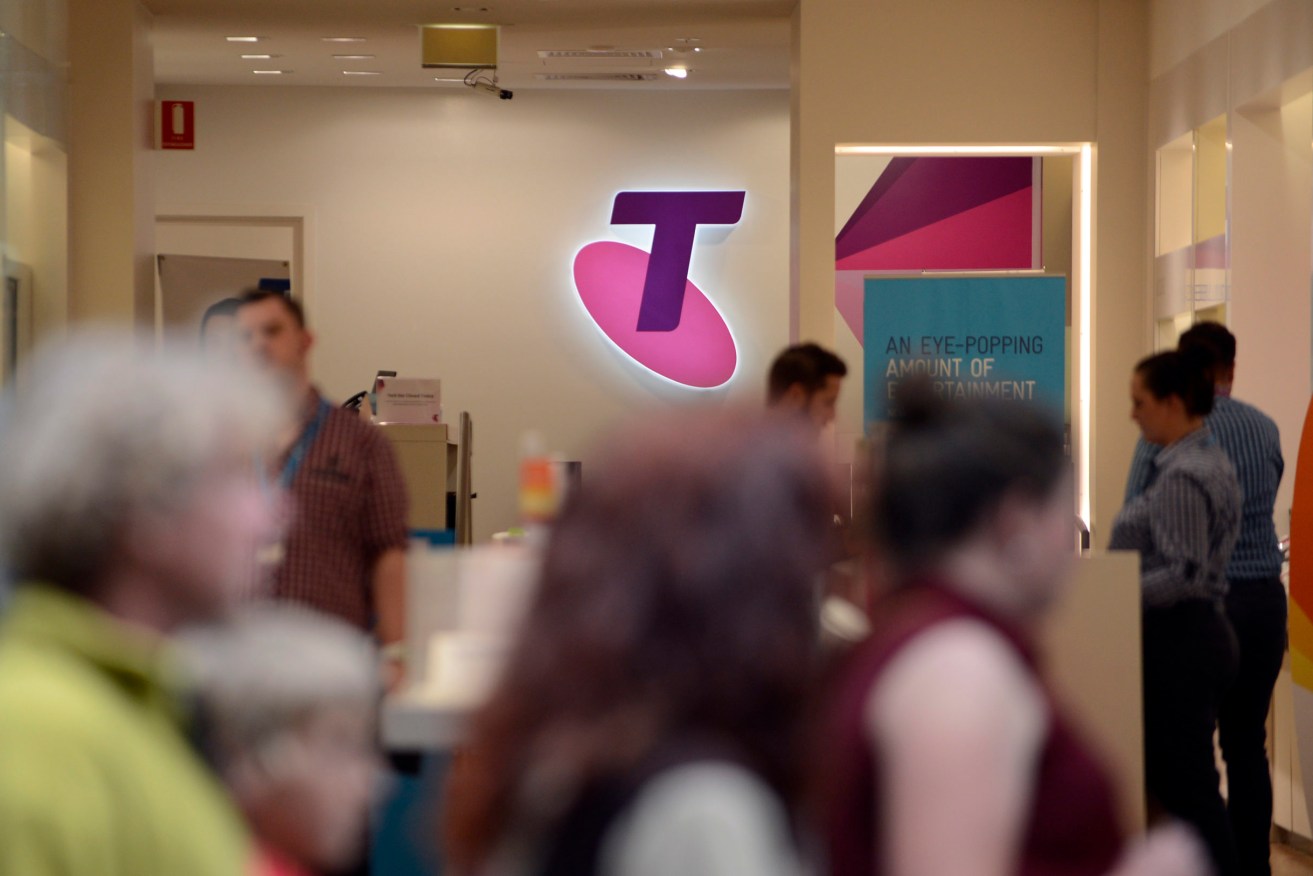Consumers bear the cost of essential service changes
Industry and regulators seem to see the key issue behind the switch to 5G and electricity smart meters as one of information provision rather than cost, writes Rebecca Tooher, but the upgrades will cause many South Australians true financial hardship.

Some people will need to update their devices to be compatible with 4G and 5G coverage. Photo: AAP Image/Dan Peled
In the midst of a cost of living crisis, it is unthinkable that large corporations providing essential services would make consumers bear the costs of new technology.
Yet this is what is happening in telecommunications with the closure of the 3G mobile phone network, and in electricity with the installation of smart meters and time-of-use tariffs.
There are, of course, good reasons for the introduction of both technologies.
Closing the 3G network will free up network space to be used for faster 4G and 5G technology.
The introduction of smart meters and time-of-use electricity charges theoretically allows price signals to smooth out demand over the day and relieve pressure on the grid.
But who bears the cost of these changes?
Unfortunately, some of the most vulnerable consumers are having to fork out to stay connected.
TPG/Vodaphone has already shut down their 3G network. Telstra’s 3G network is scheduled to close in June and Optus in September this year.
When the 3G network closes, thousands of older phones, personal medical alarms and other devices become unusable. Consumers will then have to fork out for new phones and devices.
This includes not just people with 3G devices, but also an estimated 740,000 people across the country with older 4G phones that will no longer be able to make emergency calls. These phones display 4G network use, but were set up to use the 3G network for 000 calls.
Most people won’t be affected by the 3G closure or can afford to upgrade their devices, but it is problematic for those on low incomes who will struggle to afford the enforced replacements – and it is people on low incomes, older and digitally marginalised people who are most likely to have older devices impacted by the closure.
The worst-case scenario is that poverty combined with the 3G closure will mean that some vulnerable people simply won’t have functioning phones and personal alarms.
The impact on vulnerable consumers is just as marked concerning electricity consumers dealing with smart meters.
More than 40 per cent of South Australian households have had smart meters installed by the electricity network provider (and an accelerated roll-out is planned).
While there is no up-front charge for the new meters, consumers have to pay any remediation costs if the meter installation causes damage or requires new hardware.
Consumers will from next year have no choice about their meter, and they also have no choice about the tariff structure. They have no choice to remain on flat rate tariffs even if – like many households – they have no real options to change their electricity consumption patterns and can’t afford the smart appliances that can be programmed to avoid peak energy prices.
What is particularly alarming about both 3G and smart meters is that the industry and the regulators seem to see the key issue as one of information provision rather than cost.
Hence we have advice about the impact of the 3G closure and about smart meters, but no acceptance of any responsibility beyond informing consumers. The network decides, and consumers must adapt at their own expense.
Providing information is important (and it is outrageous that there is no requirement for energy retailers to notify customers in advance of these retail tariff changes), but something more than simply informing customers is also required.
For smart meters, better regulation is required to give consumers the option of staying on flat-rate tariffs if they will be made worse off by time-of-use charges and to prevent smart meters from being used to remotely cut off in-debt consumers without any actual contact with the customer.
The state government also needs to step up and provide rebates for remediation costs associated with the installation of smart meters.
For telecommunications, some retailers are offering discounts on replacement devices, but others won’t. Could that be made mandatory?
But even discounted devices are unaffordable for those on the lowest incomes. Should the government have looked at some form of rebate for those on low incomes faced with the enforced extra expenditure?
The moment for that may have passed, but is the government and industry really telling us that there is no substantive support for those whose devices have been made redundant and who bear the cost of new devices simply to stay connected?
More broadly, there is a lesson for the regulation of essential services.
We need to step back from the narrow market perception of consumers who need nothing more than information and the ability to shop around to get the best outcome.
We need to design systems around people with complex lives and a right to essential services provided on a fair and equitable basis, guaranteed by the government and not the market.
Dr Rebecca Tooher is the Acting CEO of the South Australian Council of Social Service.




